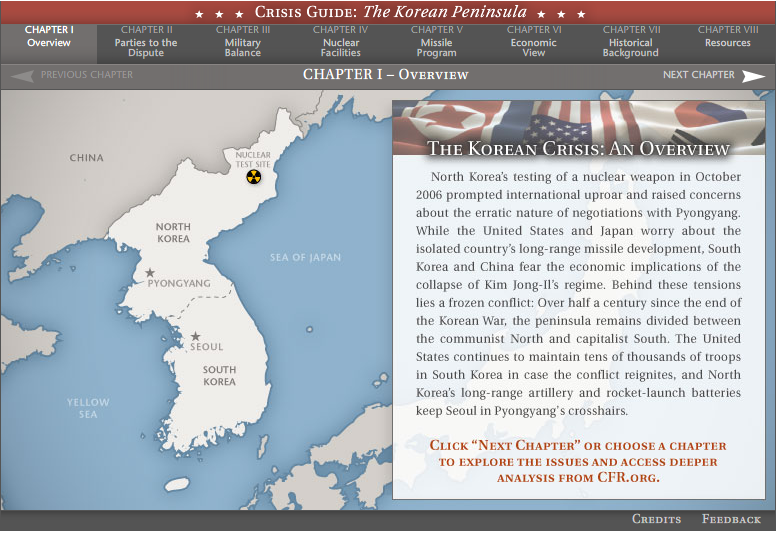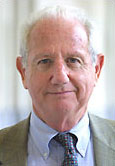CFR.org | Backgrounder: China’s Anti-Satellite Test
/China caused an international uproar in January when it destroyed one of its own satellites, an action that left hundreds of pieces of dangerous debris in space and led to alarm over the possibility of a space arms race. A month later, Beijing announced it plans no further similar tests, but the January 11 test had already established the growing prowess of China's space program as well as its capability to protect itself from satellite surveillance in the event of war. Despite immediate global demands for an explanation for the test, China waited several days before releasing an official response, prompting questions about its goals and just how soft China's “soft rise” policy may be.


